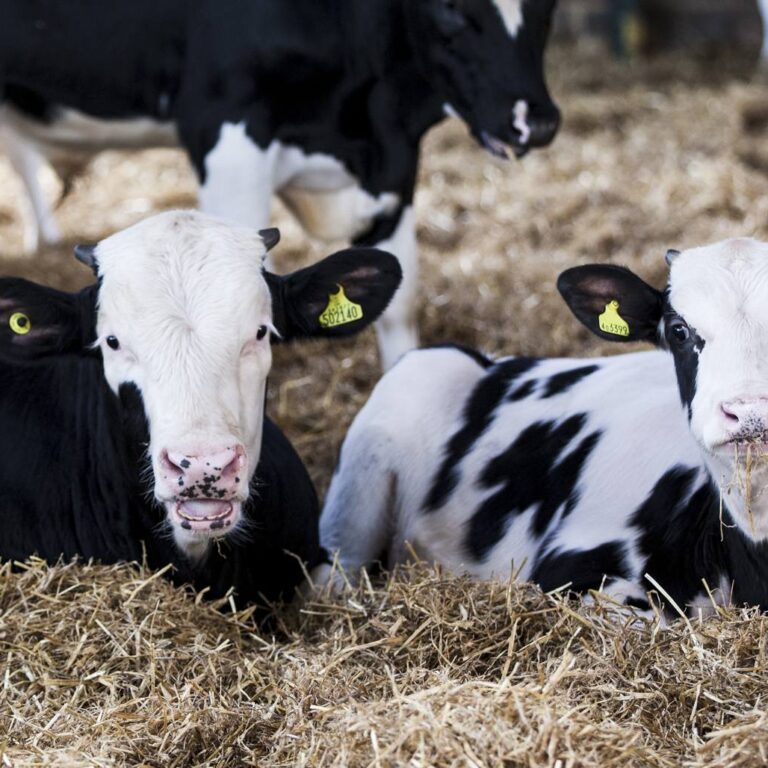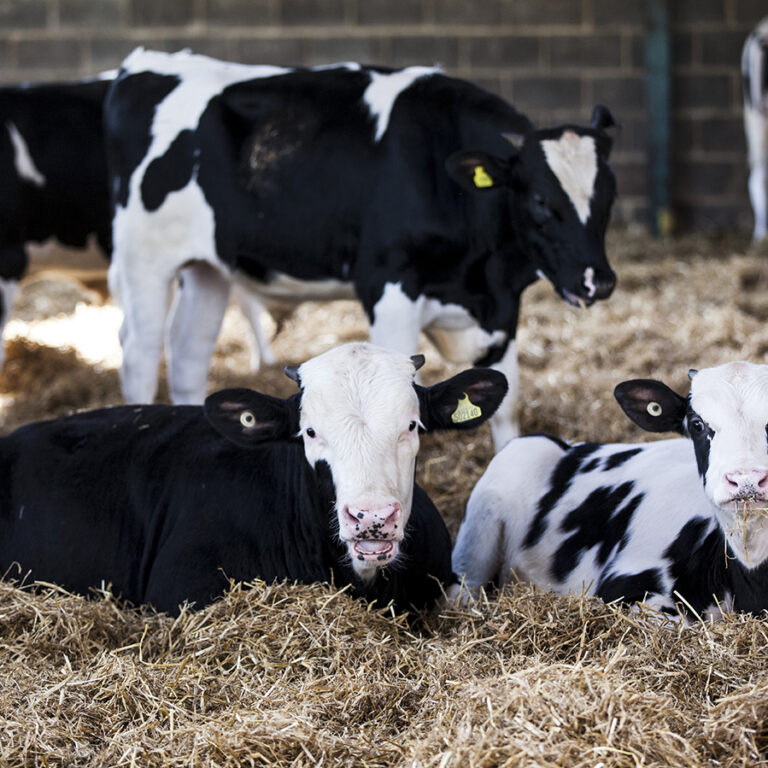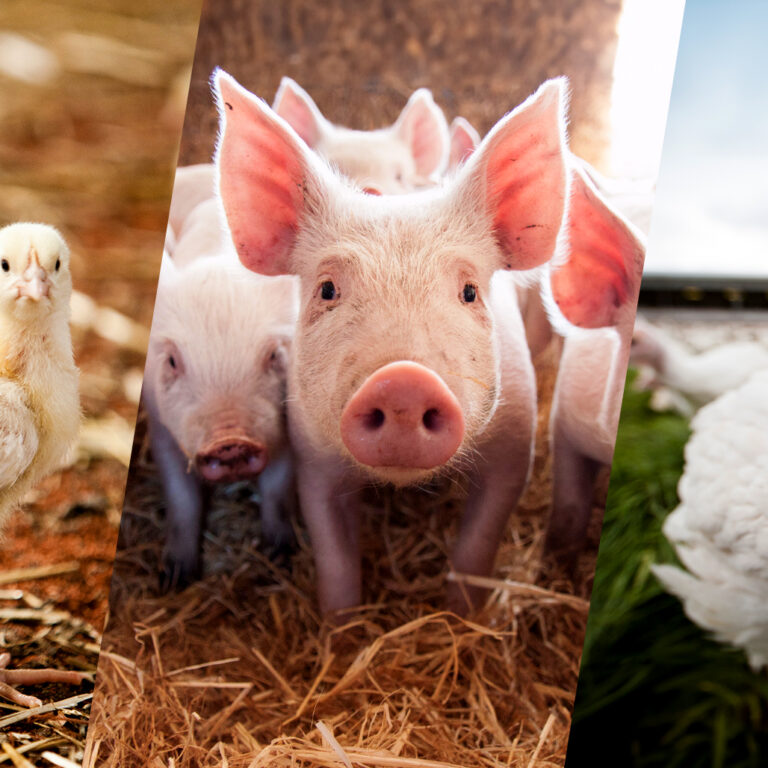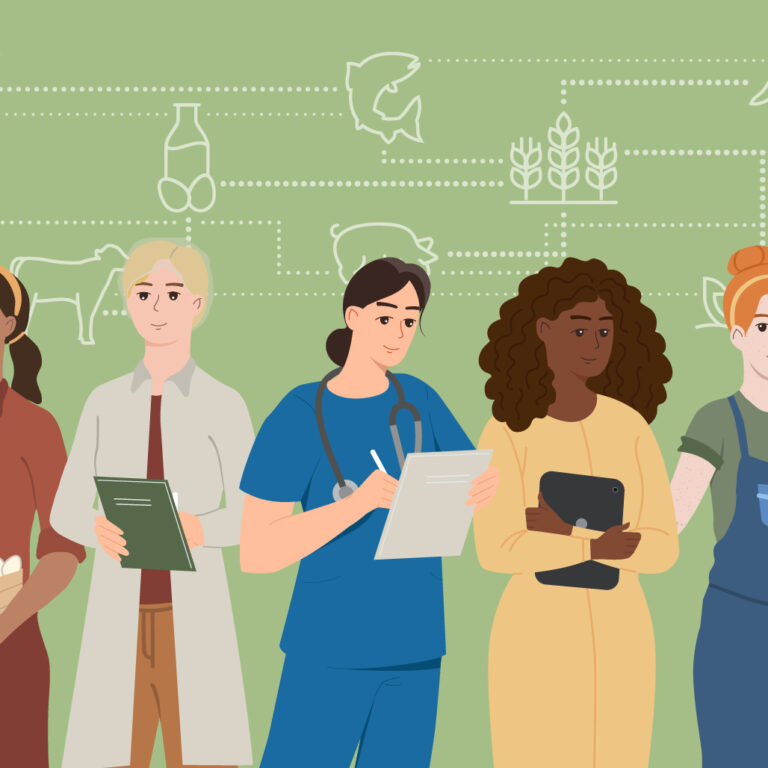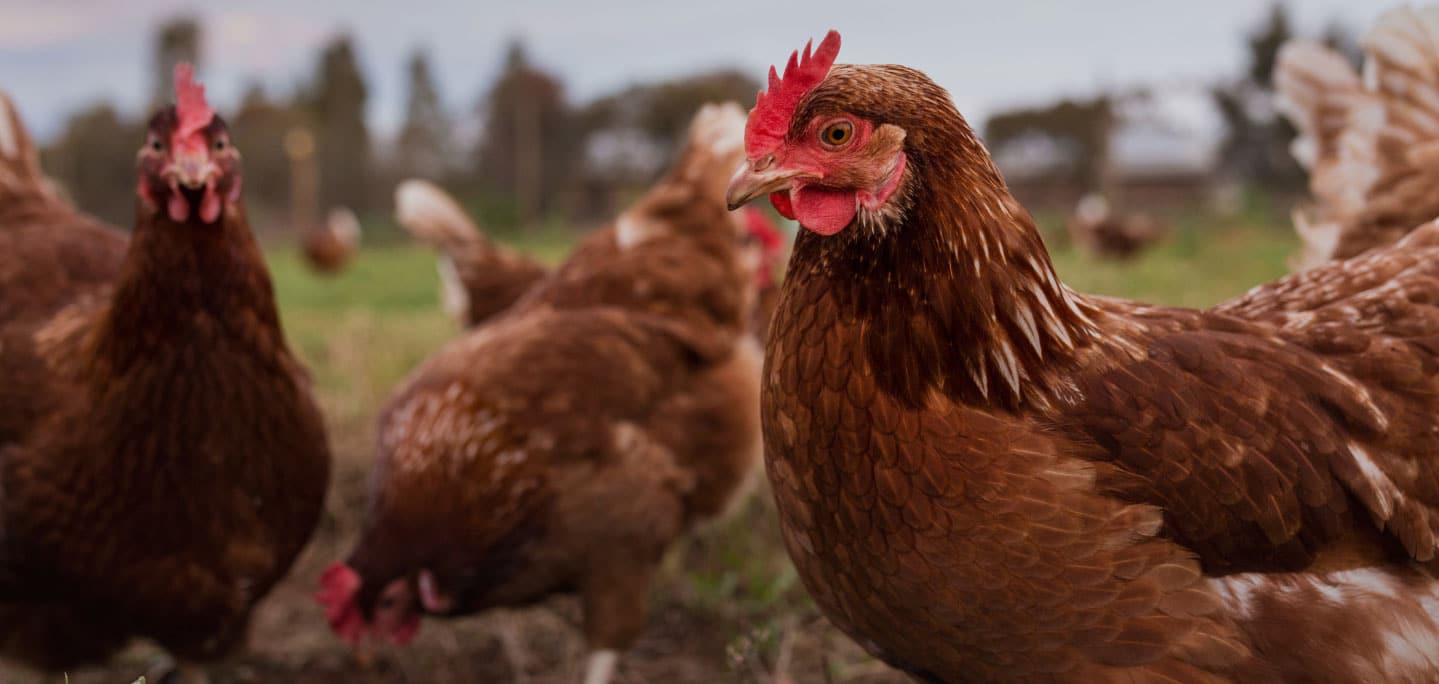You might’ve seen that the RSPCA Approved Farming Scheme now includes animal welfare standards for dairy veal. In Australia dairy veal isn’t widely available in supermarkets or on restaurant menus, so how is the RSPCA hoping to improve the lives of dairy calves with these standards?
This might sound obvious but in order for a dairy cow to produce milk, they must have a calf once a year. Female calves will often be raised to become part of the milking herd, while male calves who don’t produce milk, are seen as surplus to farm requirements – they are effectively a by-product of dairy farming. And because of the breed of these calves they’re generally not the veal cuts you might see on the supermarket shelf or restaurant menus – this veal is usually produced from beef cattle farmed for 6-12 months.
How many calves are we talking about?
In Australia, around 675,000 male dairy calves (known as bobby calves) are born alive every year. While some are raised until they’re older for either veal or beef, the vast majority are either killed on farm at birth or in the case of around 450,000 male calves, they’re destined for slaughter at a mere five days old because there isn’t currently a market for them.
Adding value to improve welfare
Many Australians value dairy in their diets and while dairy-free alternatives are available for those who choose not to consume dairy products, the RSPCA knows that to improve welfare for these calves today, we need a workable solution.
Since releasing the RSPCA’s animal welfare standards for dairy veal, we’ve been talking to farmers about the value of keeping these calves, raising them to better welfare standards and as popularity for dairy veal grows, ensuring a humanely farmed product is readily available for Australian consumers and food service.
For good welfare, calves need a focus on health and nutrition, comfortable housing with bedding to rest and room to move around, the opportunity to express natural calf behaviours, like suckling and chewing, and of course the company of other calves to play and socialise. In addition to this the people caring for the calves should be well trained in low-stress handling. Painful practices like castration, disbudding, hot iron branding and tethering prohibited, and importantly, calves must be transported and slaughtered humanely.
Where to from here?
With the RSPCA’s standards we’re encouraging farmers to raise dairy calves in a way that gives them a life worth living, gives consumers the confidence to support a humanely farmed product and ultimately helps reduce the number of bobby calves treated as by-products of dairy farming.
If you’re interested in buying humanely-farmed veal, get in touch with the brands you spot in the supermarket or when eating out – and let them know animal welfare is important to you.
**
Want more? What’s the deal with dairy? and Why does the RSPCA support humane food?

